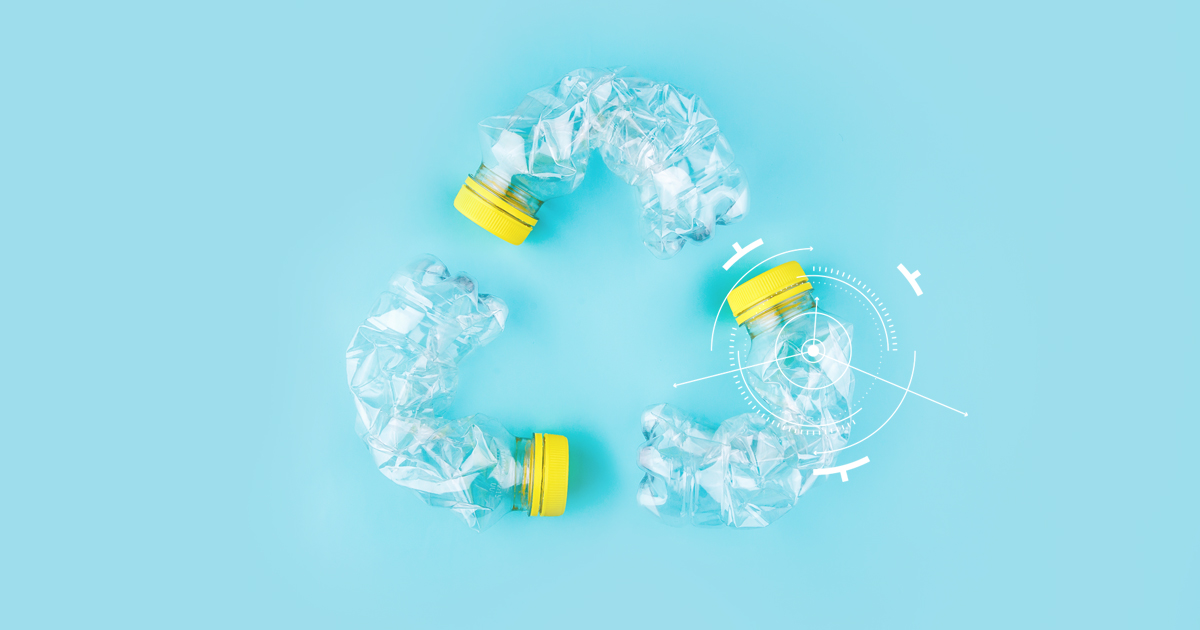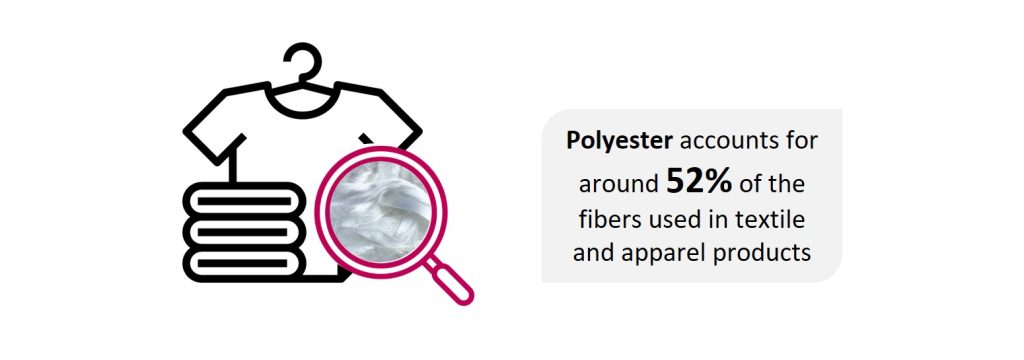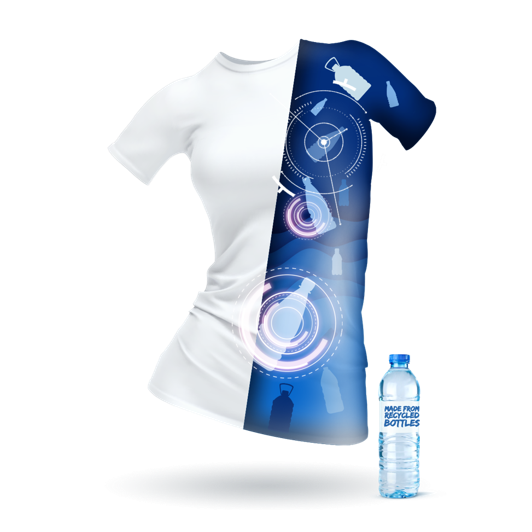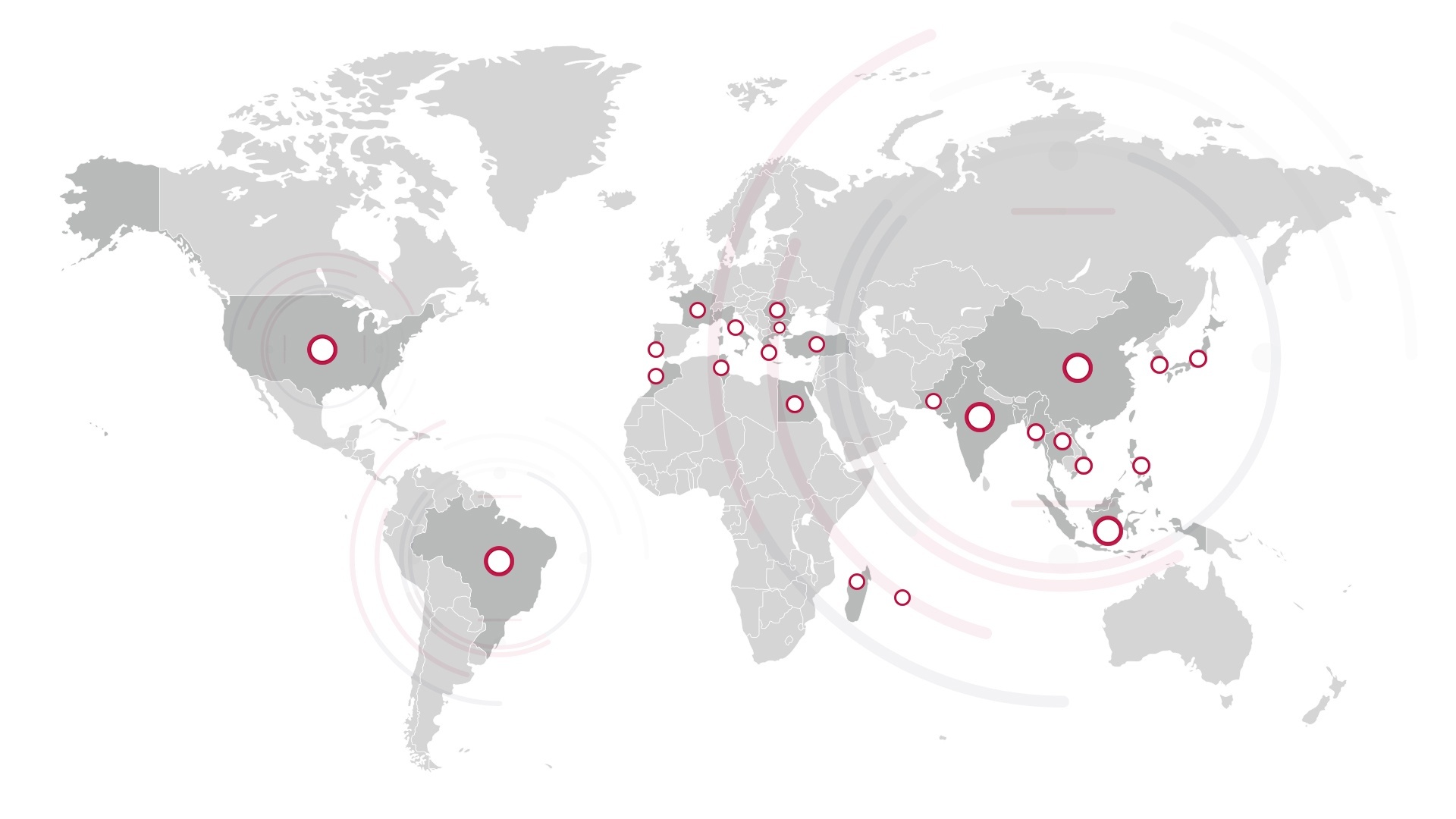Today, polyester accounts for around 52% of the fibres used in textile and apparel products, with many brands and retailers turning to recycled polyester (rPET) as a replacement to support their sustainability initiatives. However, it’s become crucial to substantiate your rPET claims to maintain customer trust and fulfil regulation requirements.
Despite the growing demand for sustainable products and practices, many consumers doubt brands and retailers are as sustainable as they claim. According to recent research by GWI, 62% of consumers only have a little trust in brands’ environmental claims or pledges, while 22% don’t trust them at all. This is because consumers have become more aware of how easy it is for brands to make sustainability claims without sufficient data to support them. In 2020, the European Commission found that 53% of examined environmental claims in the EU were vague, misleading or unfounded, and 40% were unsubstantiated.
It is essential to conduct due diligence and ensure that you have visibility throughout your supply chain if you want your claims to be credible.
Why test recycled polyester?
- Substantiate marketing claims, and avoid greenwashing
Consumers want to know and trust the sustainability claims brands are making. Build consumer trust and protect your brand’s reputation by substantiating your sustainable product claims with scientific proof.
- Support sustainability initiatives
Get the tools to generate and track sustainability goals and KPIs, to strengthen confidence in your wider sustainability initiatives. For this, it is imperative to understand your supply chain and do due diligence on traceability and all marketing claims.
- Establish a high-confidence, low-risk, transparent supply chain
Build trust and reliability within your supply network, be confident of what you buy and ensure you are getting what you pay for.
- Fulfil regulation
With recent labelling legislation and more on the way targeting sustainability, having the burden of proof on your side has become an integral challenge for our industry. Ensure compliance with increasing regulations by providing scientific proof and documentation.
The accredited rPET lab verification
Albhades Lab (a Worms Safety Company) has pioneered an innovative scientific method to verify and quantify rPET in textile products made from rPET plastic bottles, helping brands and retailers substantiate their rPET claims.
What we can provide:
- Verification – does the product contain rPET?
- Quantification – how much does it contain?
- Beyond the individual test, we can bring clarity along the supply chain – build a database of materials & products and link them (on the FullBridge platform). If there is a problem, you can identify immediately the products impacted.
What sets our rPET test apart?
Albhades Lab has the only accredited test for recycled polyester (rPET), recognized for performance, precision, and reliability (COFRAC accredited, a member of ILAC).
Advanced NMR technology ensures the highest level of accuracy, precision, and reliability in quantifying IPA. This method is exclusively used by Albhades lab.
We understand that manufacturing evolves and differs across the globe. We continuously sample and create a database of the percentage of IPA in plastic bottles to ensure the accuracy and reliability of test results.
Tested at a lab that also tests pharmaceutical, cosmetics and medical devices, benefitting from their high vigilance and proficiency.
We can help you to:
- Verify existing products
- Validate raw materials
- Verify finished products before shipment
- Follow one batch along the supply chain to ensure consistency.
Interested in learning more about our rPET solutions?





